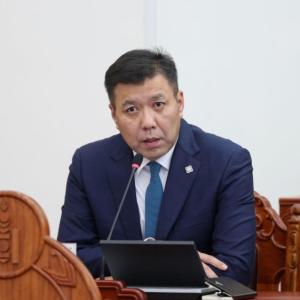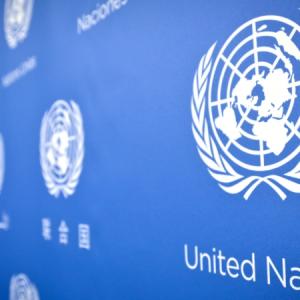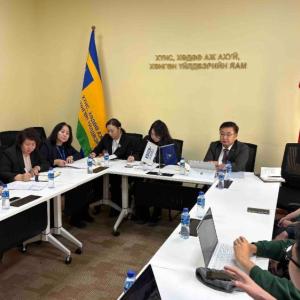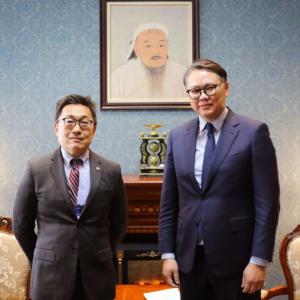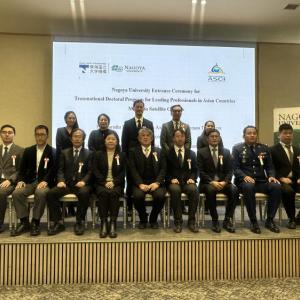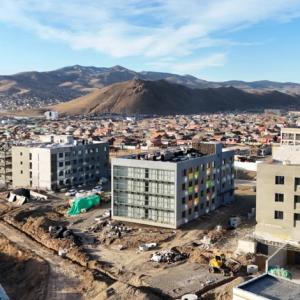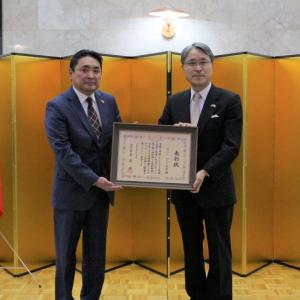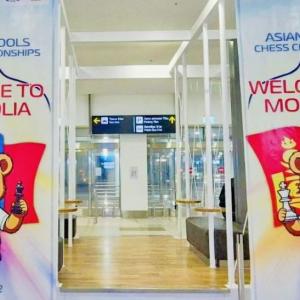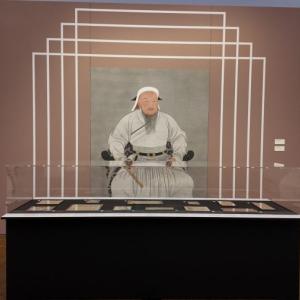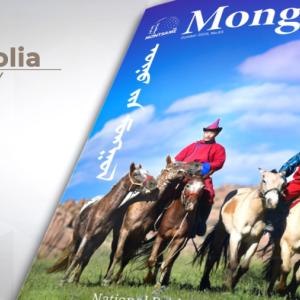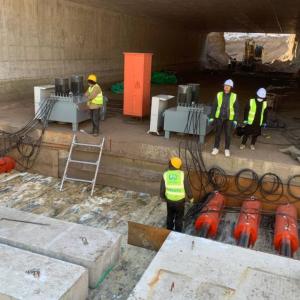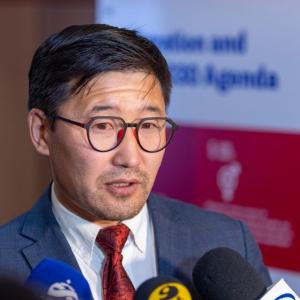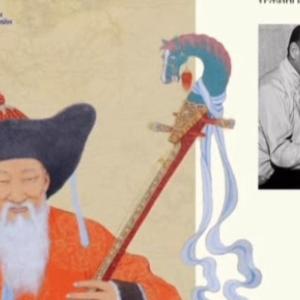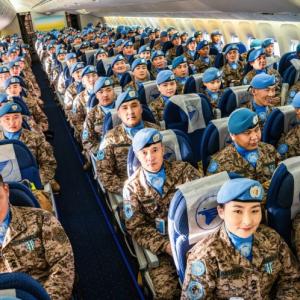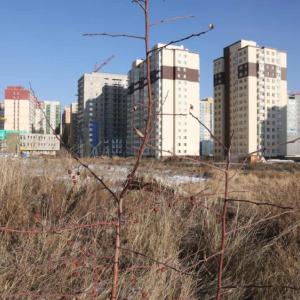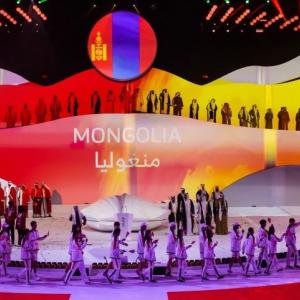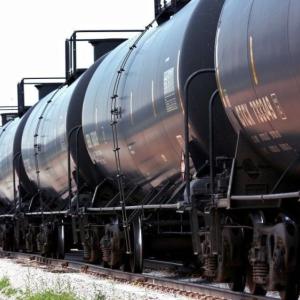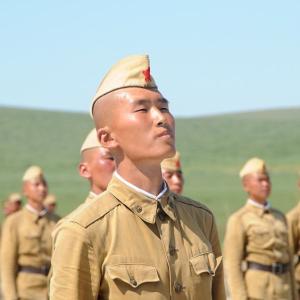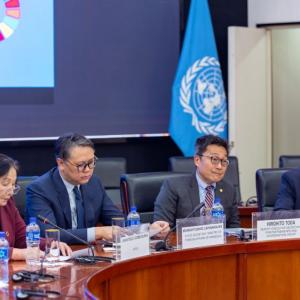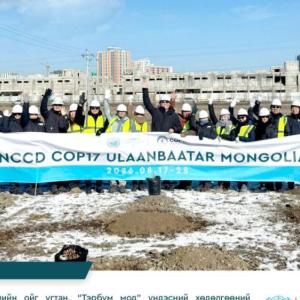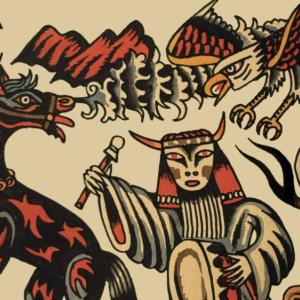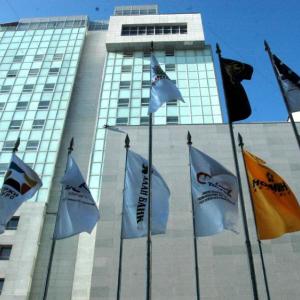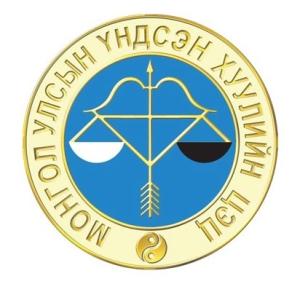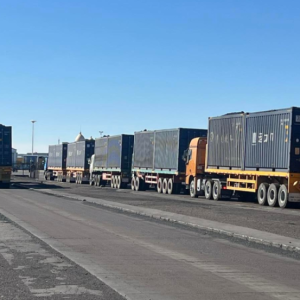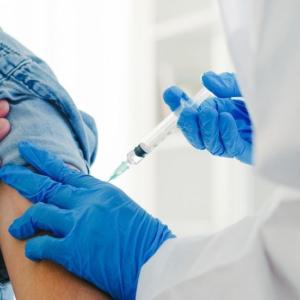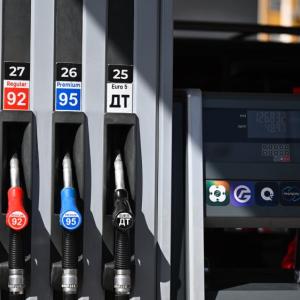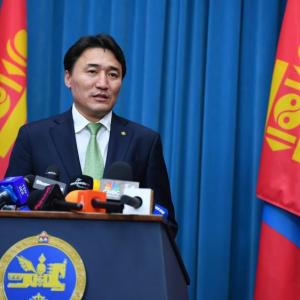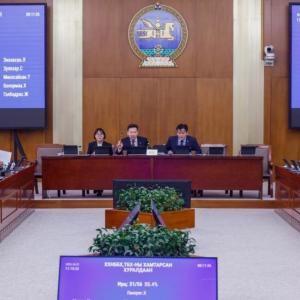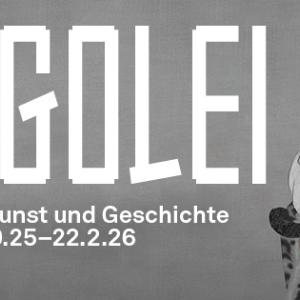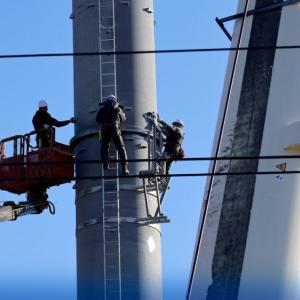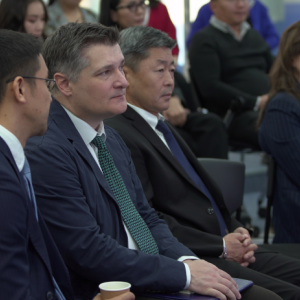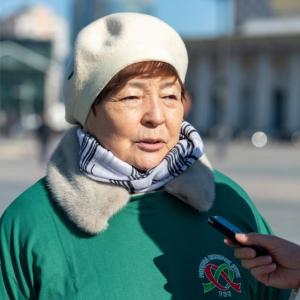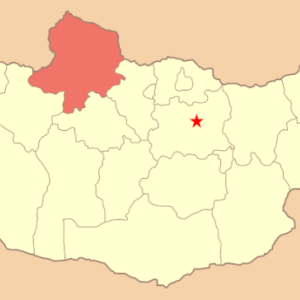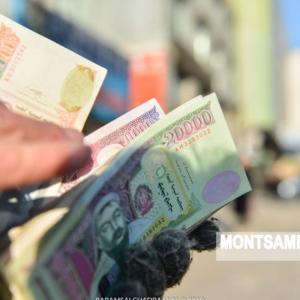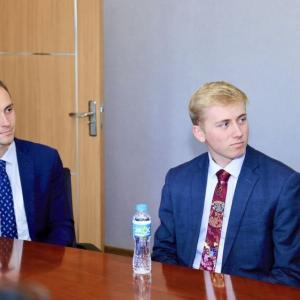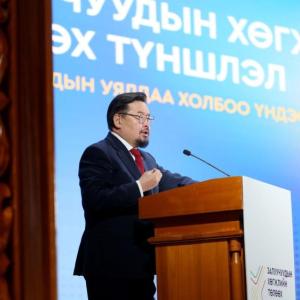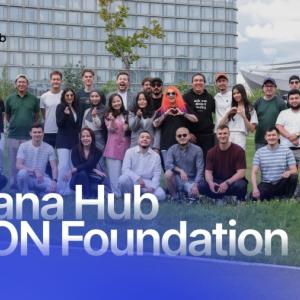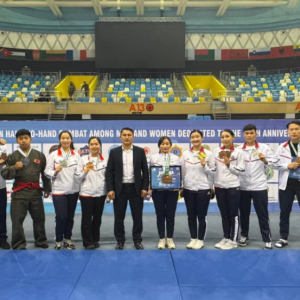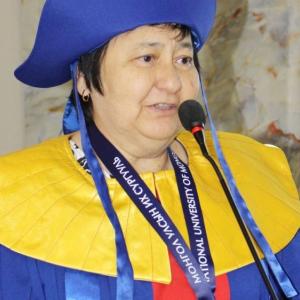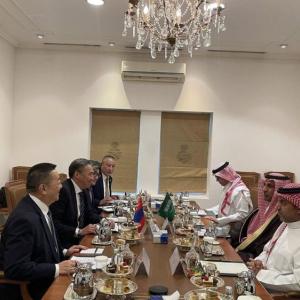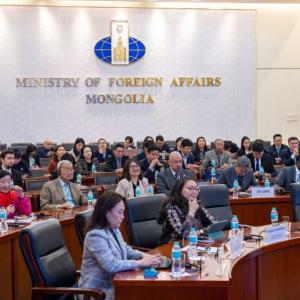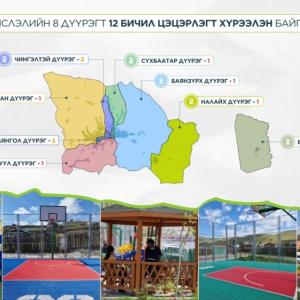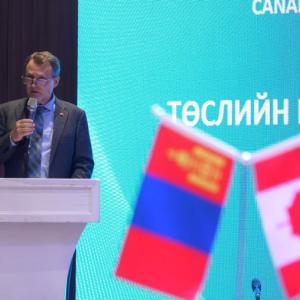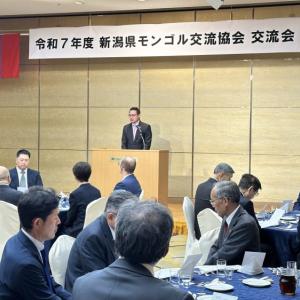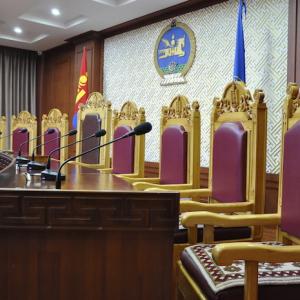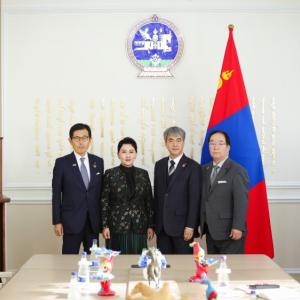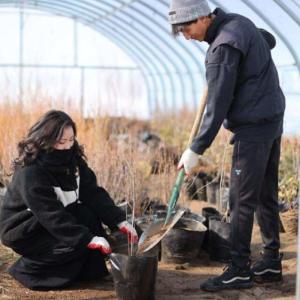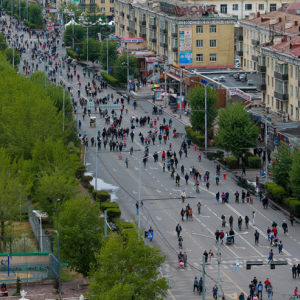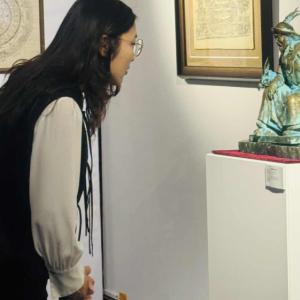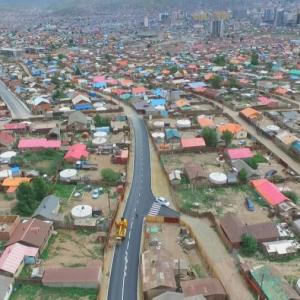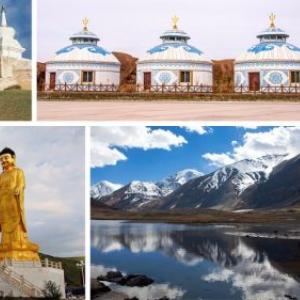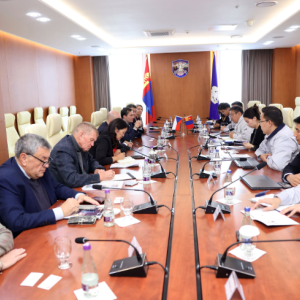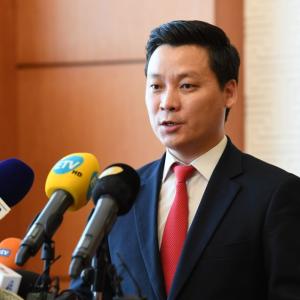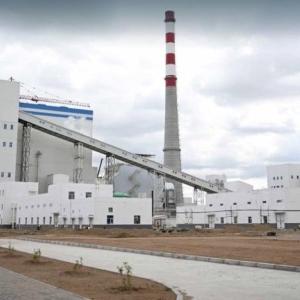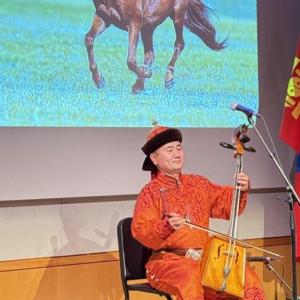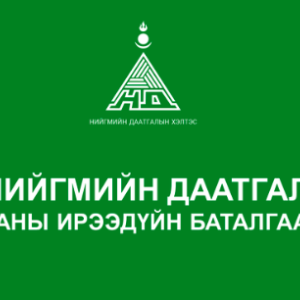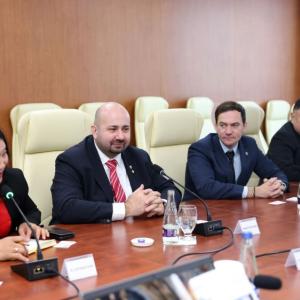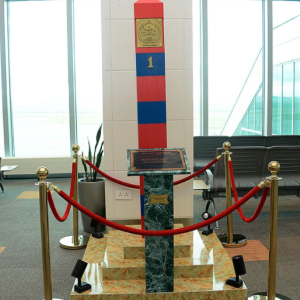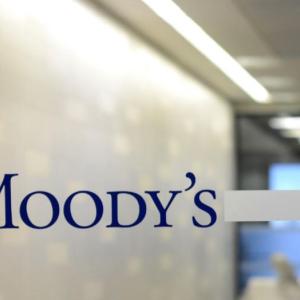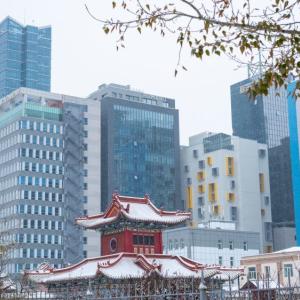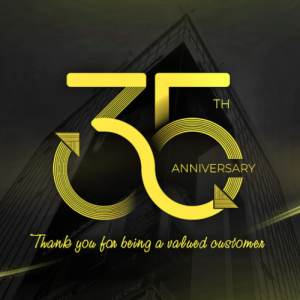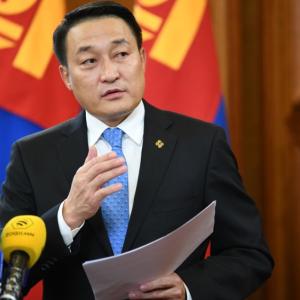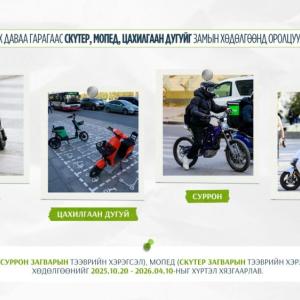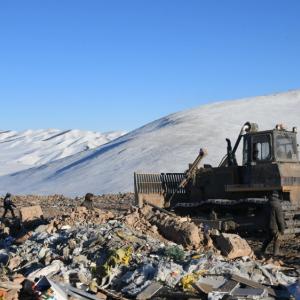Bayarkhuu Dashdorj: We Expect 2024 to be the Year to Advance the Comprehensive Partnership
To the 50th Anniversary of Establishment of diplomatic relations between Mongolia and Germany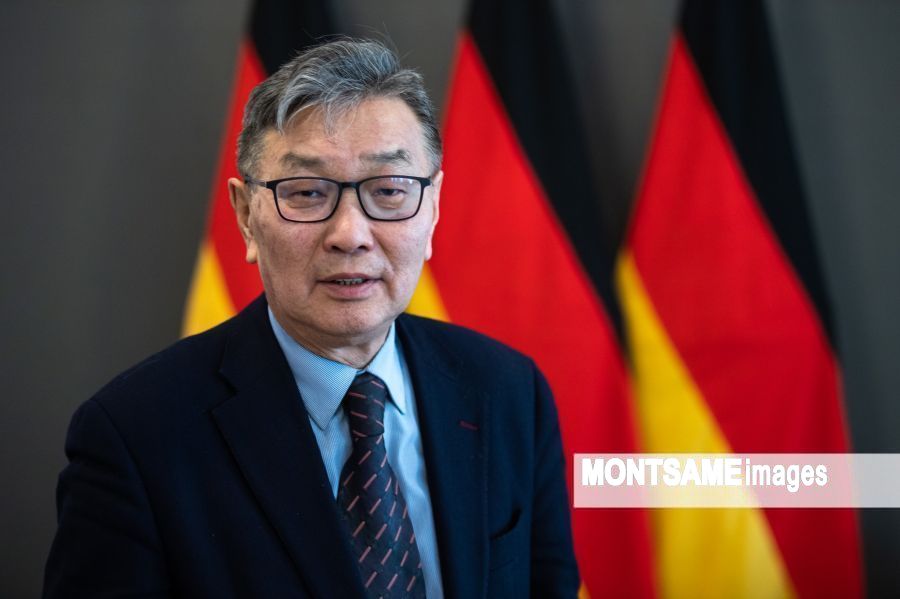
Ulaanbaatar, February 1, 2024 /MONTSAME/. At the invitation of President of Mongolia Khurelsukh Ukhnaa, the President of the Federal Republic of Germany Frank-Walter Steinmeier will pay a State Visit to Mongolia on February 7-8, 2024. We spoke with Ambassador Extraordinary and Plenipotentiary Bayarkhuu Dashdorj about the significance and expectations from the State Visit to our country.
- The Federal
President of Germany will visit Mongolia on February 7-8, 2024. How would you
briefly describe the history of relations between the two countries?
- During the difficult times before the Cold War, when the tensions temporarily subsided, as a result of the new and wise policy of the then German government called "Ostpolitik", Mongolian People's Republic was recognized by Germany and diplomatic relations were established. Half a century has passed since then. Historical records indicate that in the eastern part of Germany, Mongolia-Germany diplomatic relations were initiated in 1950 with the communist German Democratic Republic, formed in 1949, lasting until the dissolution of that country in 1990. Mongolia maintained relations with Germany since the 1950s, and following the reunification of the two Germanys in 1990, these relations have continued to evolve into the active cooperation we witness today.
- At what level of
partnership are we cooperating with the German side, and what mechanisms are in
place? On which projects did we collaborate effectively in the past?
- Mongolia-Germany
relations gained momentum from the early 1990s. Germany has consistently
supported Mongolia’s development efforts for over 30 years, encompassing
democracy, reforms, transition to an open society and market relations, and the
establishment of a constitutional state in Mongolia. If we talk about projects,
all previous projects have been successfully implemented, and communication and
cooperation are evolving across various fields. The main directions and areas
of communication and cooperation were outlined in the "Comprehensive
Partnership" declared in 2008, encompassing political relations, defense
relations, economic relations, development policy cooperation, education and culture
cooperation, and Humanitarian community cooperation. The mechanisms for two-way
communication have been explained, with five mechanisms at work:
1. The mechanism for
organizing and monitoring the implementation of the agreement on cooperation in
the mineral resource, industrial and technological sectors;
2. Development Policy
Cooperation Negotiations between the Governments of Mongolia and Germany;
3. Political
consultation meeting between Mongolian and German Ministries of Foreign Affairs;
4. Cultural, educational,
and scientific consultation;
5. The
Mongolian-German Parliamentary Group in the State Great Khural and the
German-Central Asian Parliamentary Group in the Bundestag are listed as
cooperation mechanisms. If we were to evaluate the results by sector, it would
require considerable time and paper. Instead, let's focus on development policy
cooperation as an example, which has not only been successfully implemented but
will continue to be extended across all sectors.
I envision positive outcomes. Since 1991, projects have been implemented in our country with EUR 529.6 million of grants and soft loans. Due to the relative improvement of our economic performance and the increase in the income of the population, the German side temporarily suspended its official development assistance and grant aid in 2020, and resumed it in 2022. As a result of the inter-governmental negotiations held in Ulaanbaatar in September 2023, Germany will grant a total of EUR 78 million in concessional loans and aid over the next 2-3 years. This allocation includes EUR 17 million for financial cooperation projects, EUR 22 million for technical cooperation projects, and EUR 29 million for financing national health programs through the “Global” Fund to combat tuberculosis, AIDS, and malaria.
- What is the
current level of trade and economic turnover between the two countries? How are
the parties working to deepen economic relations?
- Trade and economic cooperation undoubtedly represent a crucial aspect. While our country's possibilities are limited, Germany stands as one of the world's leading economies, engaging in trade on a massive scale in terms of both volume and value. The trade turnover in millions of USD remains unsatisfactory. Here are the statistics for the last 5 years:
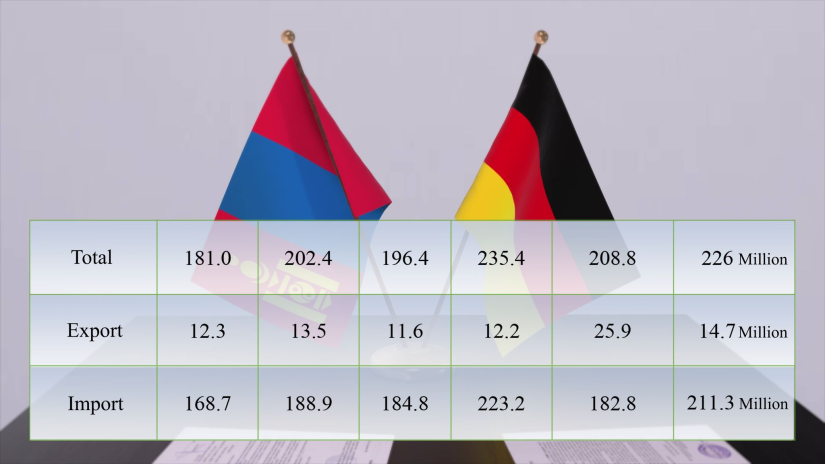
From 1990 to 2023, 113 German legal entities invested a total of USD 279 million in Mongolia, constituting only 0.7 percent of our country's total foreign direct investment—a figure that is also deemed unsatisfactory. Mongolians need to exert additional efforts in this regard.
- Looking at the
recent political visits, other countries have repeatedly expressed their
interest in cooperating with our country in the field of mining. In the new
post-pandemic situation, which sectors we have previously cooperated with need
to reestablish and deepen collaboration?
- In 2011, during the Official
Visit of the then Chancellor of Germany Angela Merkel to our country, the
"Intergovernmental Agreement on Cooperation in the Fields of Mineral
Resources, Industry, and Technology" was signed with Germany. A
distinctive form of collaboration has been experienced in the mining industry.
If we intend to initiate a joint mining venture, Germany is a suitable partner.
However, the German side may have considered it more appropriate to train
national engineers, technicians, and managers to advance the mining industry.
The German-Mongolian Institute for Resources and Technology (GMIT) was
established in 2014 through the joint initiative of both governments. As of the
academic year 2023-2024, the institute has 421 students. One hundred percent of
the 155 graduates from 2018-2023 secured employment. Forty percent of all
students are pursuing studies with scholarships. Isn't that a remarkable
achievement?
I have previously mentioned the areas of cooperation that need to be deepened, such as trade, economy, and investment. However, much depends on us Mongolians. Mongolia aspires to achieve economic strength and embark on the path of development. We need to aim to keep pace with global development trends and I sincerely hope that Germany, as our valuable third neighbor in Europe, will be utilized effectively for mutual benefit.
- Just as Heads of State
do not meet every day, high-level visits do not happen every year. Such occasions
are rare. One significant facet of the relationship between the two countries
involves non-governmental organizations and their active engagement. How
attentively does our country heed and address the issues raised by them in this
aspect of relations?
- We have been actively cooperating with Germany in this regard. Unlike neighboring and partner countries, the foundations attached to the political parties of Germany have been operating in Mongolia since 1990. Renowned organizations such as the Konrad-Adenauer Foundation, Friedrich-Ebert Foundation, and Hanns-Seidel Foundation actively cooperate with our political parties, state, and government entities. They continue their work in consulting, conducting training, and providing scholarships to fortify the democratic state, government, and judicial system, enhance political and legal education, and improve the media system. The Heinrich Böll Foundation of the Green Party of Germany has also been involved in the restoration of the traditional Buddhist culture and heritage. Organizations such as the "Mongolian-German Forum," "Mongolian-German Bridge NGO," and the "German-Mongolian Entrepreneurs Association" actively contribute to the development of relations between the two countries. Numerous organizations initiated by Mongolian citizens are operating in Germany. An exemplary case of local partnership cooperation is the nearly 30-year collaboration between the Bayangol district of Ulaanbaatar city and the Schönefeld district of the Brandenburg region. This collaboration, initiated by my close friend, Mongolist Dr. Udo Haase, has served as a guiding force for many years. People's diplomacy continues through the German-Mongolian Friendship Association, and there are several positive examples of cooperation between cities, both ongoing and forthcoming. These include partnerships such as the one between the city of Baruth/Mark and Murun city in Khuvsgul aimag, Uvurkhangai aimag and the Main-Taunus district of Hesse, Zuunmod city in Tuv aimag and the city of Neustadt Dosse, Tosontsengel soum in Zavkhan aimag and the city of Wunseidel in Bavaria.
- Our country
places significant importance on the development of the tourism industry.
Considering the preferences of German tourists, what types of attractions
appeal to them, and how can we develop the necessary infrastructure to attract
them?
- The German tourism
industry is a substantial sector that merits global recognition. With proper
planning and execution, there are significant opportunities and resources
available from the German side in this field. The table below illustrates the
number of German tourists who visited our country between 2013 and 2022.
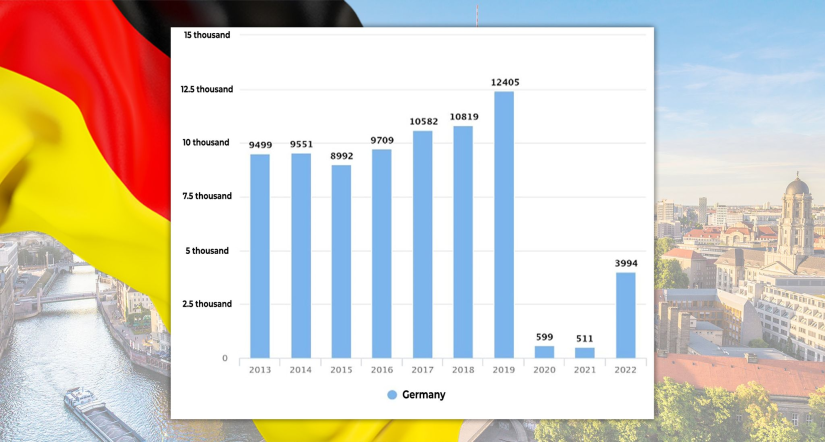
Starting from September 1, 2013, the provision allowing citizens of Germany to travel to Mongolia without a visa for up to 30 days opened up significant opportunities for tourism cooperation. Following the pandemic, there has been a noticeable increase in the number of travelers and tourists from Germany to our country. As of November 2023, more than 9,000 tourists have visited. The "Mongolian Information and Trade Promotion Center of Europe," officially inaugurated in Berlin in 2021, consistently organizes tourism and foreign promotion activities, which are yielding positive results.
- Mongolian
students were first sent to Germany in 1926 as part of the educational
cooperation between Mongolia and Germany. Last year, 39 students embarked on
their studies there as recipients of the "President’s Scholar - 2100"
scholarship program initiated by President Khurelsukh Ukhnaa. Can this be
understood as the next step in education cooperation?
- Regarding the field of education, one example was mentioned above. The Intergovernmental Agreement on Cooperation in the Field of Culture and Education was established in 1997. The German Goethe Institute is officially operating in Ulaanbaatar. There is a Department of Mongolian Studies at the University of Bonn, with professors of Mongolian Studies working at the Humboldt University of Berlin and Leipzig University. As of 2022, 769 Mongolian students were studying in Germany. Students usually study at their own expense. Additionally, about 220 young people are pursuing vocational education. Starting from 2023, 39 students are enrolled in Dresden as part of the "President’s Scholar - 2100" scholarship program. Numerous students receive scholarships through German political foundations, including the German Academic Exchange Service (DAAD) scholarships, GMIT scholarships, and company scholarships.
- The two sides will
undoubtedly celebrate the 50th anniversary of the establishment of diplomatic
relations between Mongolia and Germany extensively. Simultaneously, the parties
likely attach importance to enhancing the current level of relations. How would
you preliminarily assess the features and significance of this presidential
visit? What is your position as a Researcher?
- Certainly, over the past 50 years, including more than 30 years of democracy, relations have developed without dissatisfaction. As part of this historic anniversary, the Federal President of Germany is to pay a State Visit to Mongolia. This historic half-a-century anniversary will be celebrated throughout the year on both sides. In 1995, the two countries signed the "Joint Declaration between Mongolia and Germany on Bilateral Relations," wherein the main principles of communication and areas of cooperation are defined. In 2008, the "Joint Declaration on Comprehensive Partnership between Mongolia and Germany" was signed. These two crucial legal documents define the direction of cooperation between our two countries. As a researcher, my assumption is that 2024 will be the year for the Comprehensive Partnership to advance. I believe that the Federal President of Germany is coming to our country to summarize the achievements of the past 50 years of cooperation and determine the direction of cooperation for the next 50 years.
- Last year, our
country has achieved its goal to become a country with diplomatic relations
with all UN member countries. Can it be understood that the years ahead will
witness more active foreign relations than ever before? What advantages and benefits
can come from maintaining such an active approach in foreign relations?
- I often emphasize in
my writing, speeches, and promotions that our foreign policy has been and
continues to be conducted with continuity, independence, balance, activeness,
openness, multi-pillaredness, and theoretical pragmatism. Mongolia's foreign
policy has been notably successful. In 2023, numerous visits were conducted,
reflecting the commitment to maintaining balance across all aspects of foreign
policy. Maintaining balance means that the relations with the two neighbors and
the third neighbors are balanced, the relations between the two neighbors are
also balanced, and our multilateral cooperation is moving forward without being
overshadowed by the bilateral relations. Regarding the year 2024, I believe
that more work should be done to bring the world to Mongolia. Outbound visits
will certainly continue, but our aspiration is to attract more foreign
countries to visit our nation.
 Ulaanbaatar
Ulaanbaatar





